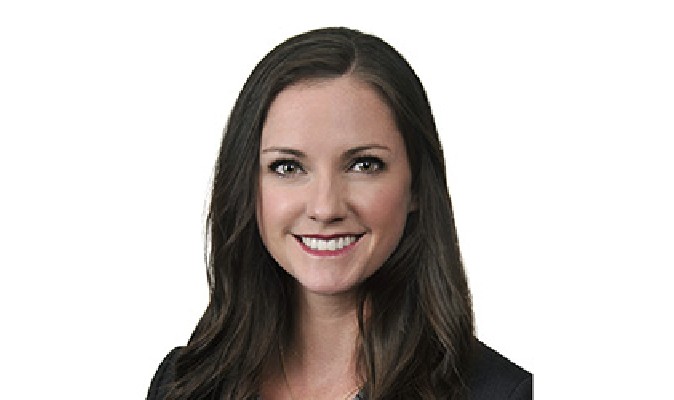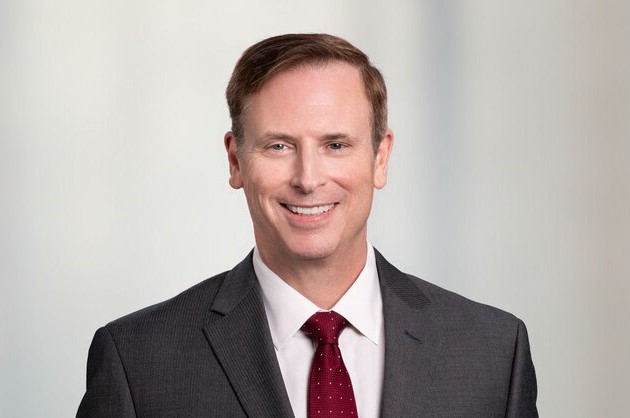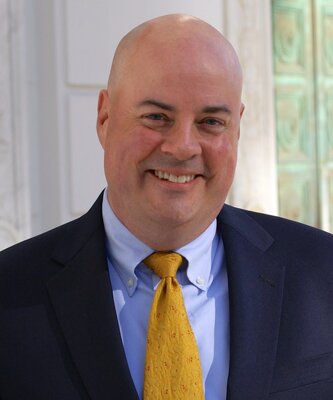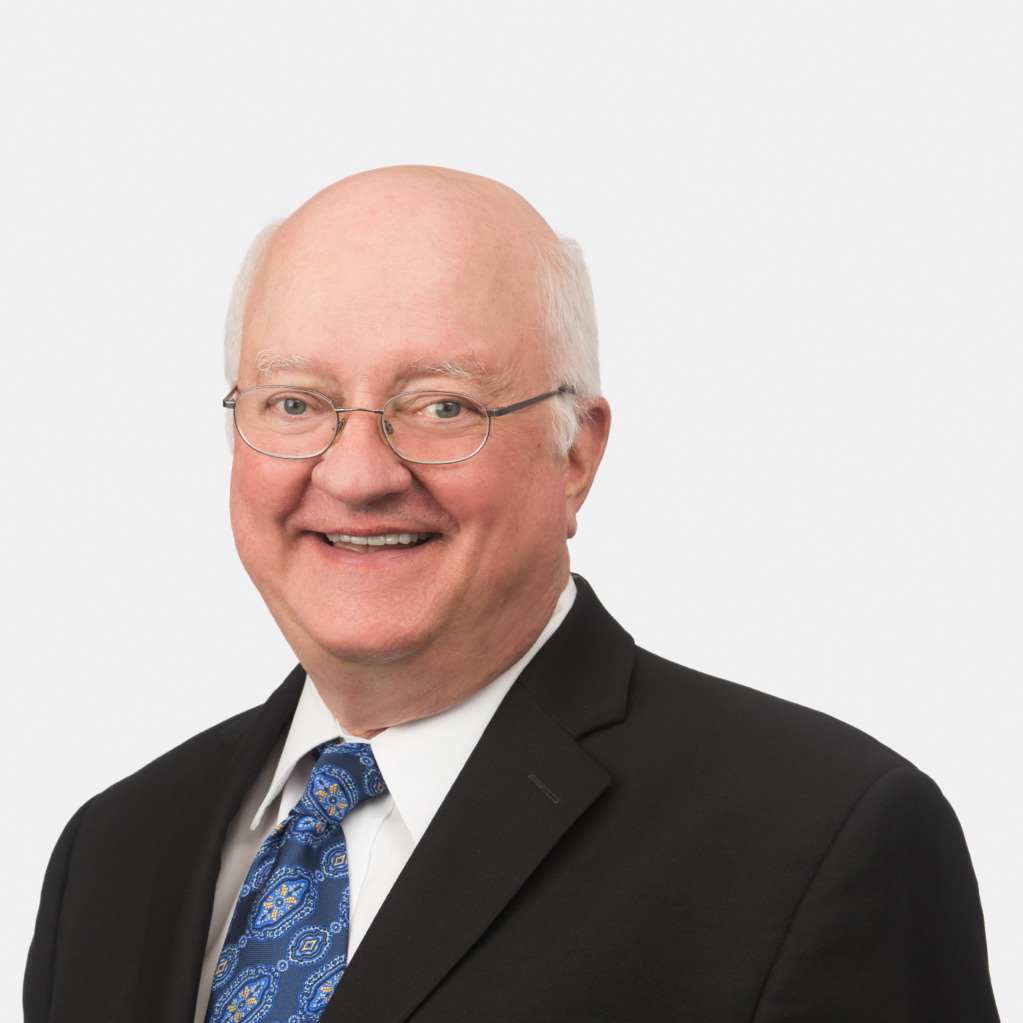Kathryn B. Fox is our Latest Featured Speaker!
Kathryn B. Fox is senior counsel at Buchalter. She is a member of the firm’s Labor & Employment practice group and Vice-Chair of the Franchise Law industry group in the firm’s San Diego office.
Don’t miss Kathryn’s upcoming talk at our 2nd Annual Employment Law Year in Review, a two-part webinar on January 16 and 18 that entails a comprehensive discussion on California and federal employment law in 2023.
Ms. Fox advises employers on litigation avoidance and provides counseling on workplace law matters. She has experience representing clients in single-plaintiff cases involving allegations of discrimination, harassment, retaliation, wrongful termination, and wage and hour issues. She also routinely advises and represents clients in class action and representative PAGA cases involving wage-and-hour allegations, including failure to pay regular and overtime wages, meal period and rest break violations, misclassification issues, piece-rate pay agreements, and reimbursement claims. Her representation of clients includes defending actions in state and federal court, in arbitrations, before the EEOC, DFEH, DLSE and EDD, and in mediation. Ms. Fox also provides trainings to clients on workplace privacy issues, preventing workplace harassment, and best practices for complying with California wage and hour laws.
Ms. Fox has been named a 2021-2023 “One to Watch” by Best Lawyers for her work in Labor and Employment Law: Management. Ms. Fox was also recognized as a 2021 “Rising Star” by Super Lawyers Magazine.
Just a coupler of highlights from Ms. Fox’s work include:
Successfully obtained a full dismissal of all claims against a large biotech company after filing demurrers and minimal discovery.
Obtained summary judgment for three defendants (two companies and the plaintiff’s manager) in a case involving allegations of age discrimination, wrongful termination, intentional infliction of emotional distress and breach of implied contract.
Thank you for sharing your expertise with us, Kathryn!






